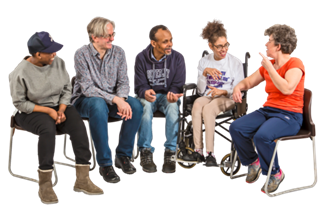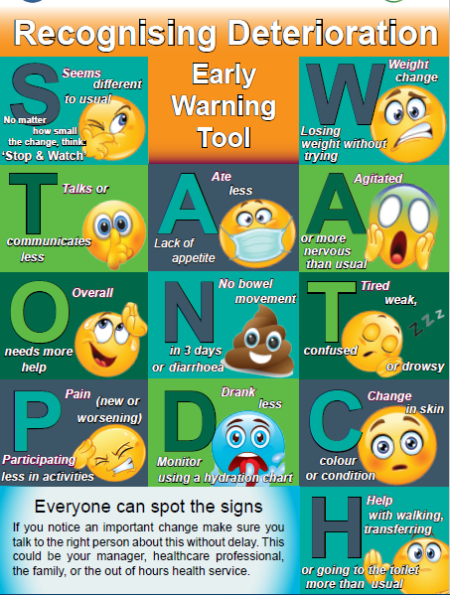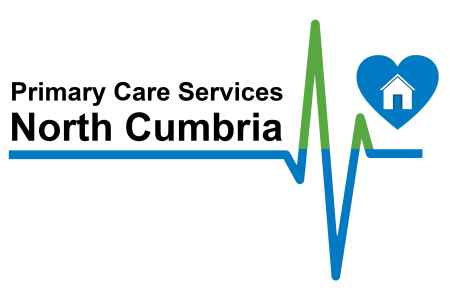
Further useful resources and links are available here including projects, videos (see above to scroll through), guides, and many other links.
Videos
Take Time To Allow Time - Triple A Project
Autism in schools
A film dealing with autism in schools - by Triple A and funded by NHS England. Co-produced in partnership with the Triple A Project, North Cumbria Clinical Commissioning Group and Cumbria County Council.
Health Professional's Autism Awareness Film
'Helping Us to Help You'
This autism film was designed to increase understanding of autism and how this can impact lives. By listening to each other and working together, we can all do our bit to move autism from being a so-called ‘invisible disability’ to an empowered and respected community of people with ‘disabilities'.
Mindfulness For Life
People with a Learning Disability Taking a Lead
Mindfulness for Life: An inspirational film from Skills for People, about how people with a learning disability have helped bring mindfulness into the lives of others. Supported by NHS England’s Sharing and Celebrating Patient and Public Involvement in Healthcare community grant.
Stop and Watch
Spot the signs that a person’s condition is deteriorating
Stop and Watch is a tool that everyone can use to help spot the warning signs that a person's condition is deteriorating. By recognising these signs you can reduce a person’s risk of morbidity, further disability, organ failure, or sometimes even death.
Making Plans For Nigel - autism and learning disabilities
Signed Version
Work with us - not for us. Co-produced in collaboration with the autistic and learning disability community in Cumbria.
Flu Resources
The North East & Cumbria Learning Disability Network in partnership with Skills for People have developed and introduced a programme called ‘Get Well for Winter’ to support and protect people with learning disability in the winter months.
As part of this - The North East & Cumbria Learning Disability Network with the Twisting Ducks Theatre Company have made several ‘myth busting’ films below about the flu jab for people with learning disability to help people with learning disability protect themselves and others from flu this winter.
Annual Health Check and Flu Film:
Who should get the flu jab?
How do I get the flu jab?
Why do I need to get the flu jab?
Can the flu jab give you the flu?
Does the flu jab hurt?
How can I help other people from catching the flu?
This easy read poster is to encourage people with a learning disability to be vaccinated against flu this winter.
A supporting easy read leaflet from Public Health England is also available.
The video below is a short webinar film about the flu vaccination for people with a learning disability and autistic people who may be eligible for a vaccination. The film covers why it is important, who is eligible for a free vaccine, reasonable adjustments, consent and decision making.
A parent of a 16-year-old with a learning disability describes how primary care can support families to make sure their relatives can have their vaccination.
Further Resources
What is autism?
Autistic people may act in a different way to other people
Autistic people may:
- find it hard to communicate and interact with other people
- find it hard to understand how other people think or feel
- find things like bright lights or loud noises overwhelming, stressful or uncomfortable
- get anxious or upset about unfamiliar situations and social events
- take longer to understand information
- do or think the same things over and over
Information:
If you think you or your child may be autistic, get advice about the signs of autism.
Autism is not an illness
Being autistic does not mean you have an illness or disease. It means your brain works in a different way from other people.
It's something you're born with or first appears when you're very young.
If you're autistic, you're autistic your whole life.
Autism is not a medical condition with treatments or a "cure". But some people need support to help them with certain things.
Autistic people can live a full life
Being autistic does not have to stop you having a good life.
Like everyone, autistic people have things they're good at as well as things they struggle with.
Being autistic does not mean you can never make friends, have relationships or get a job. But you might need extra help with these things.
Autism is different for everyone
Autism is a spectrum. This means everybody with autism is different.
Some autistic people need little or no support. Others may need help from a parent or carer every day.
Some people use other names for autism
There are other names for autism used by some people, such as:
- autism spectrum disorder (ASD) – the medical name for autism
- autism spectrum condition (ASC) – used instead of ASD by some people
- Asperger's (or Asperger syndrome) – used by some people to describe autistic people with average or above average intelligence
More about Asperger's
It's not clear what causes autism
Nobody knows what causes autism, or if it has a cause.
It can affect people in the same family. So it may sometimes be passed on to a child by their parents.
Autism is not caused by:
- bad parenting
- vaccines, such as the MMR vaccine
- diet
- an infection you can spread to other people
Autistic people can have any level of intelligence
Some autistic people have average or above average intelligence.
Some autistic people have a learning disability. This means they may find it hard to look after themselves and need help with daily life.
Autistic people may have other conditions
Autistic people often have other conditions, like:
- attention deficit hyperactivity disorder (ADHD) or dyslexia
- anxiety or depression
- epilepsy
- Team Autism CIC - Susan Mackenzie Susan
@TeamAutism.co.uk / 07748350587 - People First - Elaine Ralph: elaine
@healthwatchcumbria.co.uk - West Cumbria Carers: general
@westcumbriacarers.co.uk - Eden Carers: enquiries
@edencarers.co.uk - Eden Valley Hospice - Patricia Livsey: patricia.
livsey @edenvalleyhospice.org - Carlisle Carers: admin
@carlislecarers.co.uk - AWAZ Cumbria - Aftab Khan: aftab
@awaz.info - Cumbria Action for Health Network - Jozi Brown: jozib
@cumbriacvs.org.uk - Brathay Trust - Paul Bate: paul.
bate @brathay.com - NWAS (Children's) - Chris Preston: Christopher.
Preston @nwas.nhs.uk - Triple A - Helen Storey: helen.
storey @tripleaproject.org.uk - Cumbria Deaf Association - John Brennan: john.
brennan @cumbriadeaf.org.uk - Cumbria Parent Carer Forum - Shirley Murphy: shirley.
murphycpcf @gmail.com
Stop and Watch is a tool which everyone can use to spot the signs that a person’s condition is deteriorating.
To find out about the background of the campaign and how it was developed view the Stop and Watch resource here.






